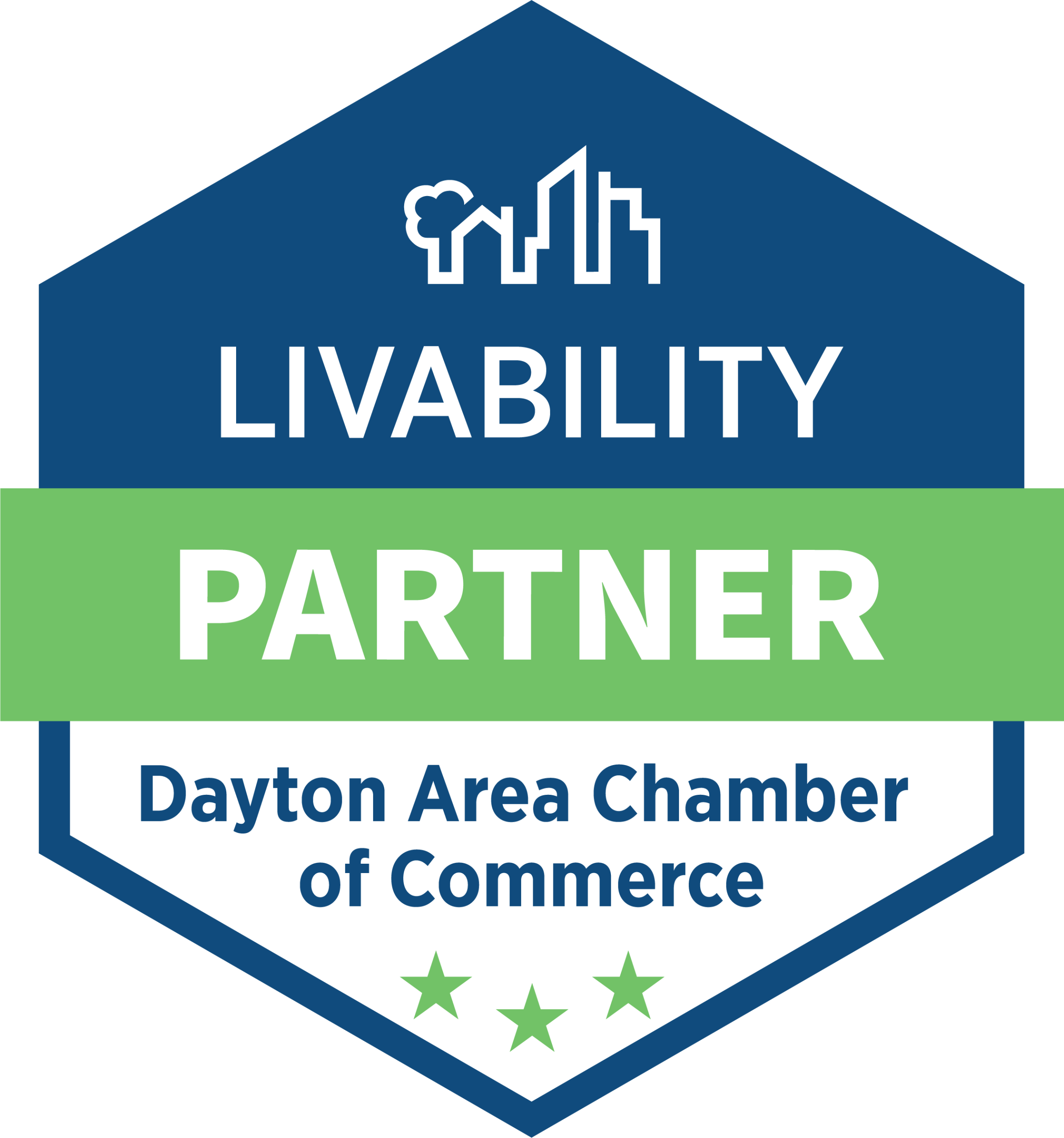OP-ED | Mental health has big impact on business; more help needed
VIEW ARTICLE AS FEATURED IN DAYTON DAILY NEWS

Our region, country and world are facing a mental health crisis. Mental health issues and challenges impact every one of us, including our businesses.
In recent years employers have increasingly focused on the health and wellness of their employees and dependents. And those who don’t are seeing the very real ways in which poor mental health can impact company operations.
Poor mental health affects the physical health of individuals, their productivity, and their safety. Mental health challenges at home distract our employees from their jobs, cause additional stress on their daily lives and force them to make decisions between family and work. Let me be clear – family should be employees’ first priority. However, we can assist them before they are forced to choose.
Approximately 75% of mid-size businesses offer Employee Assistance Programs (EAP), but only 5.5% of employees take advantage of these programs. The more we can do as a business community to help our employees and their families as early as possible, the healthier people we will employ and the more productive our organizations will be.
The Dayton region is “walking the walk” to make sure people in need in our communities are not left behind and our businesses have resources to support mental health. We all know addressing any issue as early as possible provides the best chance for success. Dayton Children’s Hospital was struggling to support children with mental health issues because the hospital didn’t have capacity; the board of directors along with CEO, Debbie Feldman, made the decision to build a new 48-bed comprehensive facility completely dedicated to serving children with mental and behavioral health challenges. The initiative was so compelling, the Mathile family supported the initiative and, for the first time in history, decided to put its name on a building to help destigmatize mental health.
Over the summer, Governor Mike DeWine announced a $10 million state appropriation for a brand new “Dayton Behavioral Health Hospital.” This hospital could be a $140 million total state investment and have 200 inpatient beds for adults needing mental health treatment in the Dayton region. Twin Valley Behavioral Health Center in Dayton closed 16 years ago and this new hospital will help address the void that has been left in our community. The Dayton region is stepping up to address this crisis. But more needs to be done. Continued partnerships with public and private sector leaders, and organizations dedicated to services like local ADAMHS boards, will help us continue to move forward and ensure the Dayton region is addressing this crisis for the health of our people and the future of our community and businesses.
Chris Kershner
President & CEO
Dayton Area Chamber of Commerce








